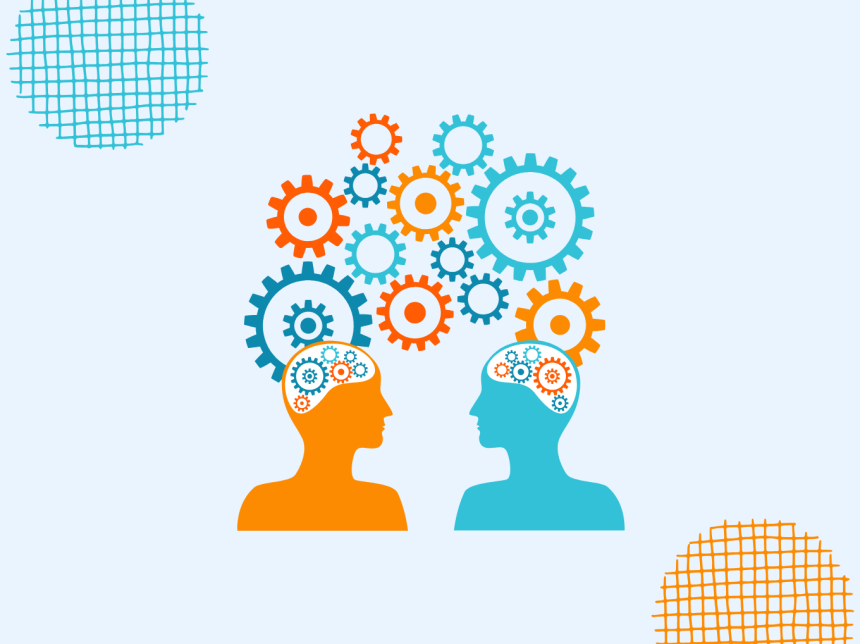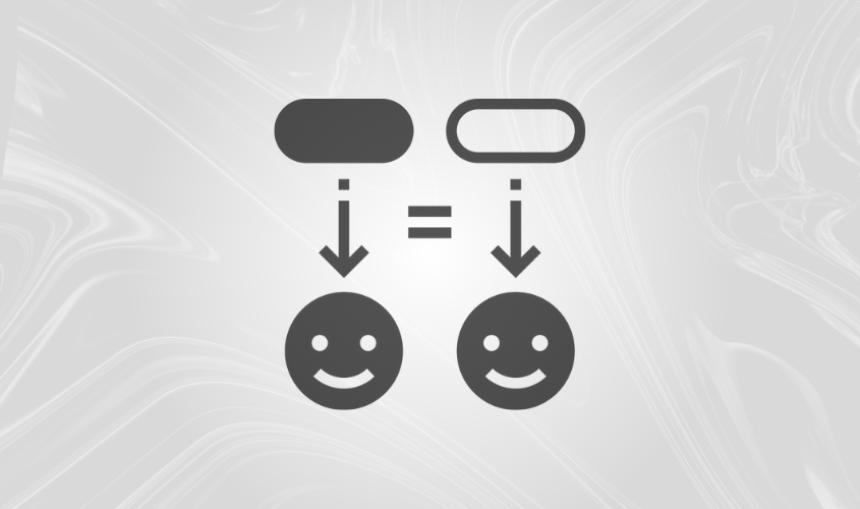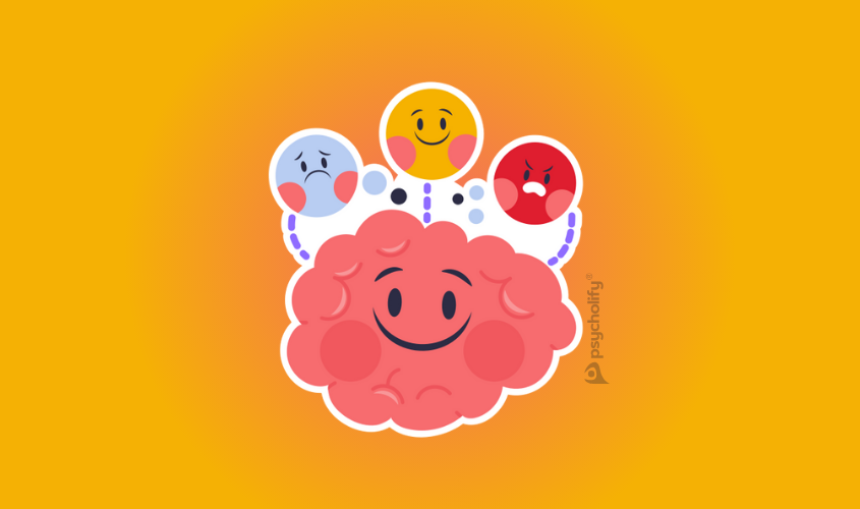
Mental Performance and Cognitive Abilities: Unlocking the Power of the Human Mind
Explore the foundations of mental performance and cognitive abilities. Learn how memory, focus, and intelligence shape human potential and success.
The Capacity of the Human Mind
The human brain is often described as the most complex organ in existence. Capable of processing vast amounts of information, solving intricate problems, and generating creative ideas, it is the engine of mental performance and cognitive abilities.
From academic achievement to professional success and personal growth, mental performance plays a defining role in how individuals navigate life. By studying the foundations of cognition, psychology and neuroscience reveal how the mind functions—and how we can enhance it.
What Is Mental Performance?
Mental performance refers to the efficiency and effectiveness of cognitive processes such as:
- Attention and Focus – The ability to concentrate on relevant information.
- Memory – Storing, retrieving, and applying knowledge.
- Processing Speed – How quickly the brain interprets and reacts to data.
- Problem-Solving and Reasoning – Logical thinking and decision-making.
- Creativity and Imagination – Generating new ideas and perspectives.
Together, these elements determine how well a person can learn, adapt, and perform in daily and professional life.
The Building Blocks of Cognitive Abilities1. Attention and Concentration
Attention is the gateway to learning and performance. Without it, other cognitive processes cannot operate effectively. Sustained attention allows deep focus, while selective attention filters distractions.
2. Memory Systems
Psychologists identify three main types of memory:
- Sensory Memory – Brief impressions of sensory input.
- Short-Term/Working Memory – Holding and manipulating information temporarily.
- Long-Term Memory – Storing knowledge and experiences for future use.
3. Processing Speed
Faster processing speed means more efficient decision-making, quicker learning, and better adaptability.
4. Executive Functions
These higher-order abilities—planning, organizing, regulating emotions, and shifting between tasks—are central to effective mental performance.
5. Intelligence and Creativity
Cognitive abilities are not limited to IQ. Emotional intelligence, creativity, and adaptability are equally important for real-world success.
Factors That Influence Mental Performance
Several variables affect how well individuals perform mentally:
- Biological Factors – Genetics, brain chemistry, and age.
- Lifestyle Factors – Nutrition, sleep, exercise, and stress management.
- Environmental Influences – Education, culture, and social context.
- Psychological States – Motivation, emotional stability, and mindset.
Psychological Theories on Cognitive Abilities
- Spearman’s “g” Factor Theory
- Suggests a general intelligence (g) underlies all mental performance.
- Gardner’s Multiple Intelligences
- Proposes that intelligence is not singular but consists of linguistic, logical, musical, bodily-kinesthetic, spatial, interpersonal, and intrapersonal abilities.
- Cattell-Horn-Carroll Theory
- Separates intelligence into fluid intelligence (problem-solving) and crystallized intelligence (knowledge and experience).
- Vygotsky’s Sociocultural Theory
- Highlights the role of environment and social interaction in developing cognitive skills.
Enhancing Mental Performance
The good news is that mental performance is not fixed—it can be trained and strengthened. Research suggests several evidence-based strategies:
- Cognitive Training – Brain games and puzzles that challenge memory and logic.
- Mindfulness Meditation – Enhances attention and reduces cognitive fatigue.
- Physical Exercise – Improves blood flow and supports brain plasticity.
- Healthy Nutrition – Omega-3 fatty acids, antioxidants, and vitamins support neural function.
- Adequate Sleep – Essential for memory consolidation and problem-solving.
- Learning New Skills – Expands neural pathways and enhances adaptability.
The Role of Motivation and Mental Energy
Mental performance is not just about raw intelligence—it also depends on motivation, resilience, and mental energy. Psychologists emphasize the importance of:
- Intrinsic Motivation – Passion-driven learning and curiosity.
- Goal Setting – Structuring focus and maintaining direction.
- Self-Regulation – Balancing effort, breaks, and stress.
Motivated individuals not only perform better but also sustain higher levels of creativity and problem-solving.
Cognitive Decline and Mental Health
While cognitive abilities can improve with training, they are also vulnerable to decline:
- Normal Aging leads to slower processing speed and memory lapses.
- Neurodegenerative Disorders such as Alzheimer’s affect memory and reasoning.
- Stress and Burnout impair concentration and decision-making.
- Mental Health Disorders like depression and anxiety reduce mental efficiency.
Protecting mental performance requires proactive care, including regular mental challenges, healthy habits, and emotional well-being.
The Future of Cognitive Enhancement
Advances in neuroscience and technology are transforming how we understand and improve mental performance. Future directions include:
- Neurofeedback Training – Real-time monitoring to improve focus and relaxation.
- Nootropics and Brain Supplements – Substances aimed at boosting cognition.
- Artificial Intelligence – Personalized learning and training tools.
- Brain-Computer Interfaces – Direct connections between mind and technology.
While promising, these tools raise ethical questions about fairness, access, and long-term effects.
Conclusion: Unlocking Human Potential
Mental performance and cognitive abilities form the foundation of learning, creativity, and achievement. By understanding how attention, memory, and intelligence function—and by applying proven strategies to enhance them—we can unlock new levels of human potential.
Ultimately, mental performance is not a fixed trait but a dynamic skill set. With the right balance of biological health, lifestyle choices, motivation, and continuous learning, anyone can cultivate stronger cognitive abilities and thrive in an increasingly complex world.




